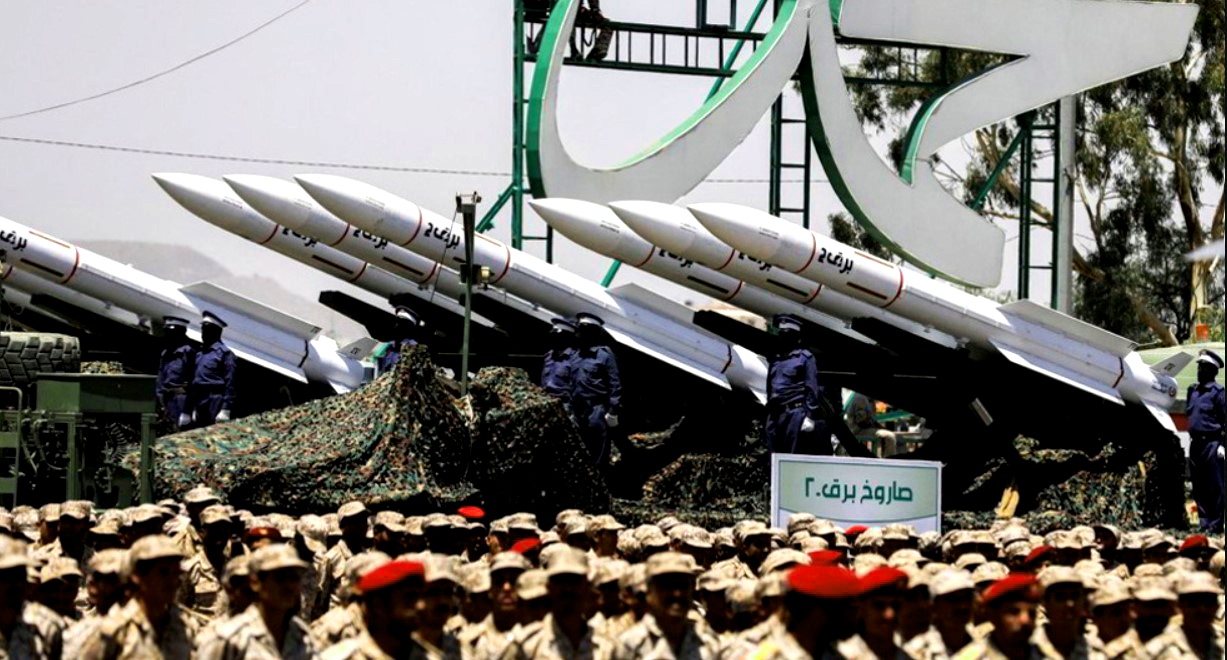Meta Description: Israel’s air defense systems successfully intercept Yemeni missiles aimed at Ben Gurion Airport. Discover full details of the dramatic clash, regional implications, and military response.
Table of Contents
- Introduction
- Overview of the Incident
- Yemen’s Role in the Conflict
- Targeting Ben Gurion Airport: Symbolism & Strategy
- Israel’s Air Defense Systems
- Iron Dome vs. Ballistic Missiles
- Casualties and Damage Assessment
- Regional and Global Reactions
- Strategic Implications for Israel
- Military and Diplomatic Fallout
- Impact on Civil Aviation and Public Safety
- Future Security Measures
- Expert Opinions and Analysis
- Frequently Asked Questions (FAQs)
- Conclusion
Introduction
The Middle East continues to be filled with conflict with one escalation being an Iranian proxy launched missiles from Yemen targeting Israel’s Ben Gurion International Airport in Tel Aviv. Israeli air defences were activated as missiles were intercepted prior to landing in Israel.
The incident reflects the escalation of hostile acts and increasing reach of the ongoing conflicts in the region.
Overview of the Incident
On 18 May 2025, central Israel experienced missile sirens as long-range ballistic missiles launched from Yemen were tracked. The Israel Defence Forces (IDF) quickly activated Israeli air defence systems including the Iron Dome and other missile intercept systems.
Key Facts:
• Missiles launched from Houthi controlled part of Yemen.
• Missiles struck Ben Gurion Airport, Israel’s main international airport.
• Multiple interception attempted with success.
• No media report fatalities or extensive damage to infrastructure.
Yemen’s Role in the Conflict
The Houthi movement, with help from Iran, has extended its operational capabilities after years of launching missiles at Saudi Arabia and UAE. The attack on Israel is an escalation and raises further questions regarding Yemen’s alignment in a larger power struggle in the Middle East.
Targeting Ben Gurion Airport: Symbolism & Strategy
Ben Gurion Airport being the busiest airport in Israel, is also a representation of Israel’s connection to the world. By attacking this strategically valuable location, the planners could hope to:
• Disrupt international travel;
• Cause psychological fear in civilian population;
• Send a message to the Israeli leadership;
Israel’s Air Defense Systems
Israel employs a multi-tiered air defense system including
• Iron Dome: short-range rockets;
• David’s Sling: defence against medium-range missiles;
• Arrow-2 and Arrow-3: use against long-range ballistic missiles;
All of these systems worked together in real time to engage with missiles travelling over populated areas at high speed.
Iron Dome vs. Ballistic Missiles
Iron Dome is designed to intercept short-range projectiles, using David’s Sling and Arrow is to attack higher-speed and longer-range missiles at the same time that Iron Dome was being used.
Interception Highlights:
• Two Arrow-3 missiles launched;
• Four Iron Dome batteries used;
• David’s Sling activated for high-altitude, mid-range interception.
Casualties and Damage Assessment
With the fast reaction of Israel’s air defense systems, the attack resulted in:
• No casualties.
• No direct strikes on the airport.
• Minor damage, due to debris, in peripheral areas, and.
• Emergency services were called to treat injuries due to panicked responses, but there was no structural damage to the airport’s infrastructure.
Regional and Global Reactions
Israel: Prime Minister called it a “clear act of war.”
United States: Provided full support for Israel’s right to self-defense and offered intelligence sharing.
Iran: Officially denied involvement, but reiterated support for Yemen’s “right of self-defense.”
United Nations: Called for all parties to restrain and requested an emergency Security Council meeting.
Strategic Implications for Israel
This is the first attack by Yemen and Iran that has expanded Israel’s threat matrix to include threats beyond its immediate neighbors. This would necessitate a revision of its strategic defense policies, as well as conversations about the advantages of prevention against long-range threats from the Arabian Peninsula.
Military and Diplomatic Fallout
Israel’s defense establishment is assessing options on possible retaliatory operations. Operational options include:
• Airstrikes on missile launch locations in Yemen with precision munitions.
• Cyber operations against Houthi Communications.
• Diplomatic operations to isolate Yemen in the coastal process.
Impact on Civil Aviation and Public Safety
Ben Gurion Airport temporarily suspended flights for 2 hours. Airspace was cleared, and international airlines issued advisories. Increased security checks and public drills are likely to become a permanent fixture.
Future Security Measures
Israel is now likely to:
- Expand the Iron Dome network
- Accelerate deployment of laser-based defense systems
- Increase satellite surveillance over Yemen
Expert Opinions and Analysis
Dr. Amos Harel, Defense Analyst:
“This is not just a military issue—it’s a geopolitical warning shot. Israel must now contend with threats from an entirely different front.”
Maj. Gen. (Retd.) Yoav Galant:
“The interception success proves Israel’s readiness, but we must eliminate launch capabilities before they are used.”
Frequently Asked Questions (FAQs)
Q1: Was Ben Gurion Airport directly hit?
No, all missiles were intercepted before impact.
Q2: Who launched the missiles?
The Houthi rebels in Yemen, widely believed to be supported by Iran.
Q3: Will Israel retaliate?
Military retaliation is under discussion, and international consultations are underway.
Q4: Was this the first such attack?
This is the first missile attack from Yemen directly targeting Israel.
Q5: What happens next?
Israel may expand military operations, while diplomatic efforts will aim to de-escalate.
Conclusion
Houthi forces make their mark in Middle Eastern hostilities with the attempted missile strike on Ben Gurion Airport, raising troubling implications regarding future hostilities and proliferation of missile capabilities from non-state actors. Israel’s successful intercept of the missile avoided a crisis, nevertheless, there are serious strategic implications that should cause policymakers to be vigilant, prepared for similar threats, and potentially rethink foreign policy and military doctrine.
SEO Keywords:Israel missile attack 2025, Yemeni missile Ben Gurion, Israel air defense system, Iron Dome activation, Ben Gurion Airport missile alert, Israeli military response Yemen, Houthi missile attack Israel, Middle East missile conflict, Israel Yemen tensions, missile interception Israel, Iron Dome missile defense, Israel security news, regional conflict Israel Yemen
![]()

